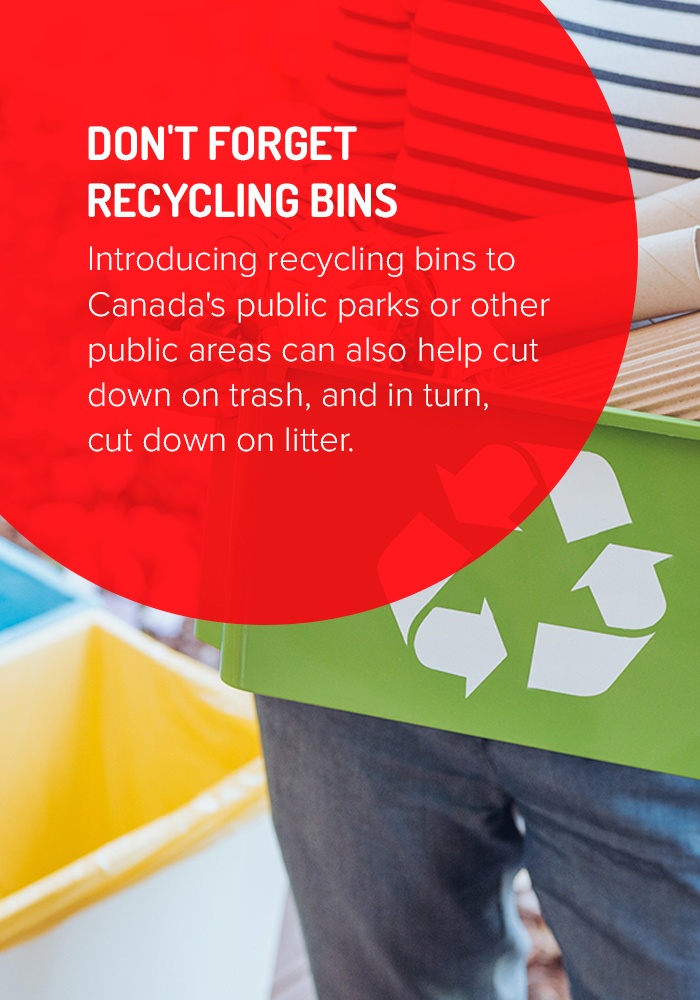In today’s world, the importance of maintaining clean environments cannot be overstated, especially when it comes to trash bin sanitation. This article explores the often overlooked link between effective waste management and reduced healthcare costs. By ensuring that trash bins are sanitized properly, we can prevent numerous health risks and, in turn, significantly lower the burden on our healthcare systems.
II. The Problem of Poor Waste Management
Poor waste management is a global issue that poses severe risks to public health and the environment. Inadequate trash bin sanitation can lead to the accumulation of waste that attracts pests and spreads diseases.
- Public Health Risks: Contaminated environments where pathogens thrive.
- Environmental Impact: Pollution and degradation of natural habitats.
III. Direct Health Risks Associated with Poor Trash Bin Sanitation
The direct health implications of poorly sanitized trash bins are alarming. Not only do they become breeding grounds for bacteria and viruses, but they also attract pests such as rodents and insects, which are vectors for various diseases.

- Diseases and Infections: Spread of illnesses like salmonella, E. coli, and respiratory infections.
- Pest-related Health Issues: Increased risk of diseases such as hantavirus from rodents.
IV. The Economic Burden of Poor Sanitation on Healthcare
The link between waste management and healthcare costs is evident through the economic burden it imposes. Poor sanitation leads to increased prevalence of disease, which in hop over to this web-site turn escalates healthcare spending.
Table: Cost Comparison of Healthcare with Poor vs. Improved Sanitation
| Sanitation Level | Annual Healthcare Costs | Disease Incidence Rate |
|---|---|---|
| Poor | High | High |
| Improved | Reduced | Lower |
-
- Increased Healthcare Costs: Direct correlation between poor sanitation and higher medical expenses.
- Waste Management in Healthcare Settings: Costs associated with managing medical waste.
V. Case Studies: The Impact of Improved Trash Bin Sanitation
Several case studies highlight the positive impact of enhanced trash bin sanitation on reducing healthcare costs. Communities and healthcare facilities that have implemented effective waste management practices have seen notable decreases in disease incidence and healthcare expenditures.
- Community Initiatives: Examples of local programs that successfully improved sanitation.
- Healthcare Facilities: Reduction in hospital-acquired infections due to better waste management practices.
VI. Strategies for Improving Trash Bin Sanitation
To combat the issues arising from poor sanitation, several strategies can be employed. These range from adopting new technologies to promoting recycling and composting.
- Modern Waste Management Technologies: Innovations like smart trash bins that can monitor waste levels and optimize collection routes.
- Recycling and Composting: Reducing waste volume and promoting sustainable practices.
VII. The Role of Digital Tools in Waste Management
Digital tools are revolutionizing the waste management industry. These technologies not only enhance operational efficiency but also contribute to cost reduction in healthcare by minimizing waste-related health risks.
- Efficiency Improvement: Automated systems for waste tracking and management.
- Case Examples: Cities that have integrated digital tools into their waste management systems.
VIII. Policy and Regulatory Considerations
Effective policies and regulations are crucial for ensuring that improved trash bin sanitation practices are adopted widely. Government and regulatory bodies play a pivotal role in this by setting standards and enforcing compliance.
- Government Policies: Regulations that mandate sanitation practices.
- Role of Regulatory Bodies: Enforcement and oversight of waste management standards.
IX. The Future of Trash Bin Sanitation and Healthcare Cost Reduction
Looking ahead, the future of trash bin sanitation is promising, with new trends and technologies poised to further reduce healthcare costs. The ongoing improvements in waste management practices are expected to have a lasting impact on public health and economic savings.
-
- Emerging Trends: Biodegradable waste bags, IoT in waste management.
- Long-term Impact: Predictions on how continued improvements will reduce healthcare costs.
X. Conclusion
The connection between trash bin sanitation and healthcare costs is clear and significant. By prioritizing sanitation in waste management, we can achieve a healthier environment and reduce the financial strain on our healthcare systems. It is imperative for communities, healthcare facilities, and policymakers to work together to promote and implement effective sanitation practices. Let’s commit to cleaner, healthier communities for a sustainable future.

I’m Brock McIlrath, the founder of BinBright Guardians and a seasoned Sanitary Equipment Operator dedicated to transforming our approach to cleanliness and waste management.


